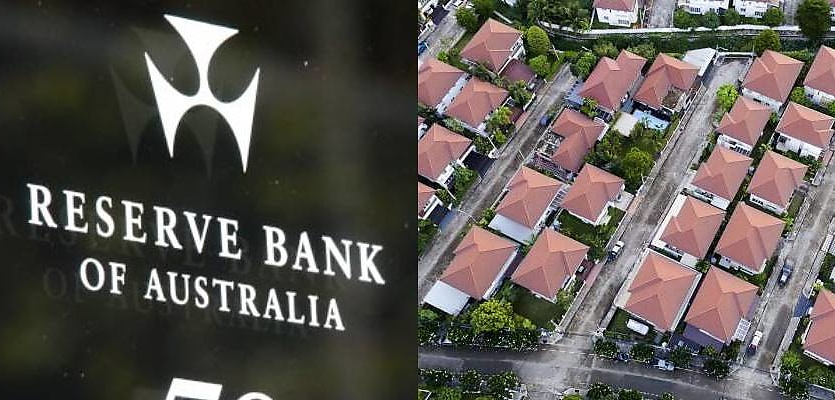The Reserve Bank of Australia has revealed its first cash rate decision of the 2021–22 financial year.
In keeping with its trend of late, the official cash rate will be held at the record-low 0.1 of a percentage point.
According to CreditorWatch chief economist Harley Dale, “that is no surprise to anybody, but it’s also not the real point”.
“Speculation is running wild about interest rates rising before the RBA’s long time ‘deadline’ of 2024 and the RBA is inching into that debate,” he continued.
The chief economist is not the only one entertaining such speculation, with a new survey suggesting almost a third of the property industry is now expectant of an increase to the cash rate within the next 12 months.
According to the latest ANZ-Property Council survey — from June 2021 — 30 per cent of respondents expect interest rates to rise over the next year.
They aren’t alone in thinking the RBA will move on the cash rate well ahead of its own 2024 timeline either, with REB having recently reported that the Commonwealth Bank and Westpac are expecting rate rises as early as 2022.
Back in March, only 15 per cent of respondents for the same survey were expectant of rate rises so soon.
In spite of such forecasts, ANZ senior economist Felicity Emmett believes it is unlikely that the RBA will increase the cash rate over the coming year, given that wages growth and inflation have continued to remain low and below the RBA’s targets.
However, she has noted that fixed mortgage rates have already been rising and would continue to do so over the coming months.
In her own analysis, Ms Emmett reiterated the major bank’s view that housing prices would rise by 15 per cent to 20 per cent across the capital cities through 2021, propelled by record-low interest rates, which have “trumped” factors like low population growth as migration has stalled due to border restrictions amid the coronavirus pandemic.
She said that this view has accounted for some slowdown amid rising fixed mortgage rates and regulators closely monitoring bank lending practices.
National house prices rose by 2.3 per cent month-on-month and were up by 11.6 per cent since December 2020, according to ANZ.
The ANZ-Property Council survey of over 870 respondents — including owners, developers, agents, managers, consultants and government across all major industry sectors and regions — also found that sentiment in the property sector edged lower in June, driven by a drop in the residential sector (after hitting a record high in the March quarter).
However, confidence in the housing sector is still at its highest level on record, according to the survey. Confidence in the residential sector has remained elevated on all measures including prices, construction activity, staffing levels and forward work schedules.
A net balance of 78 per cent of firms operating in the residential sector now expect price gains over the next year, while 52 per cent expect construction to expand over the coming year, the survey found.
The construction outlook has trended lower but has remained very positive. Nationally, a net balance of 52 per cent of firms in the residential sector expect an expansion in activity, down from 61 per cent in March.
“The combination of record-low mortgage interest rates and targeted stimulus has clearly supported the housing sector,” Ms Emmett said.
“The HomeBuilder scheme has brought forward a large chunk of demand, and with enquiry levels dropping and building approvals turning over, a modest tick lower in confidence is not surprising.
“The challenge ahead will be for the apartment sector to pick up given the ongoing lack of immigration.”
With so much speculation around the RBA’s next steps, Mr Dale has advised: “Let us not get ahead of ourselves, which many seem to be doing.”
Arguing that the June 2021 RBA Credit Aggregates and the May results for the CreditorWatch monthly Business Risk Review highlight how “Australia’s recovery lacks the breadth and depth we require”, Mr Dale said, offering up a sombre warning.
He said: “There are holes in the ‘how good are we doing’ headlines and that includes a sharemarket that is more vulnerable than seems to be the focus that it deserves.
“Right now, nobody knows when circumstances will become appropriate for interest rates to rise, and that includes the RBA itself.”







You are not authorised to post comments.
Comments will undergo moderation before they get published.